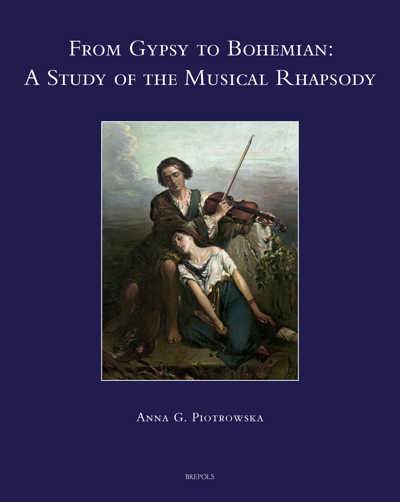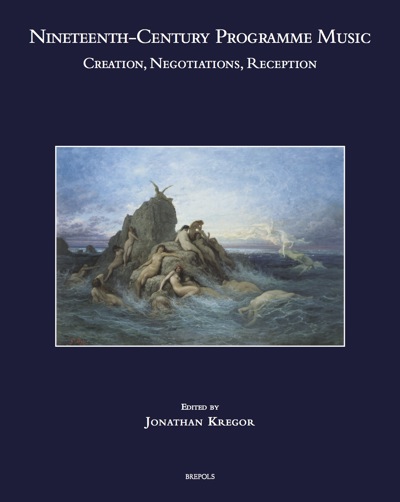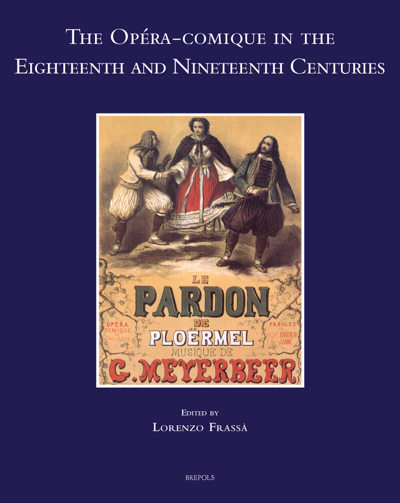
Italian Music during the Fascist Period
Roberto Illiano
- Pages: 746 p.
- Size:210 x 270 mm
- Illustrations:+ ills.
- Language(s):English
- Publication Year:2004
- € 120,00 EXCL. VAT RETAIL PRICE
- ISBN: 978-2-503-51517-5
- Hardback
- Available
"There is no doubt that Roberto Illiano's book is the best contribution to Italian music in the Fascist Period to have appeared in print in the last 20 years. This volume is an outstanding scholarly achievement."
(Franco Sciannameo, in: The Musical Times, 2006)
«My generation is guilty through and through: no justification is possible. At most there may be extenuating circumstances… Fascism — Dallapiccola claimed — had used a new weapon… a weapon much mightier than the magnetic mines: in comparison, even the atomic bomb begins to look trifling. The weapon I refer to is much more subtle and underhand. It took years to realize this and to discover its secret. The first to use it systematically and on a vast scale in the West was Benito Mussolini. This weapon is called Propaganda. With it and with the stifling of the press, its first derivative, a lie can be turned into truth.» [‘Prime composizioni corali. Postscriptum’, 29 January 1962.]
In the present volume 23 specialists investigate a number of significant aspects of Italian music history during the Fascist period. Included are also unpublished documents and fresh information on composers like Ferruccio Busoni, Alfredo Casella, Aldo Finzi, Adriano Lualdi, Gian Francesco Malipiero and Ottorino Respighi. The last section of the book commemorates the centenary of the birth of Luigi Dallapiccola (Pisino d’Istria 1904 - Firenze 1975) by collecting the most recent research on his music. The authors featured are: Vincenzo Alaimo, Chiara Bianchi, Eleonora Carapella, Ermanno Comuzio, Mila De Santis, Benjamin Earle, Christoph Flamm, Roberto Illiano, Erik Levi, Charles Maier, Fiamma Nicolodi, Carlo Piccardi, Luca Sala, Massimiliano Sala, Michela Niccolai, Giovanella Pacini, Karen Painter, Gemma Perez-Zalduondo, Luigi Pestalozza, Graham Phipps, Laureto Rodoni, Michael Walter and Martina Weindel.




